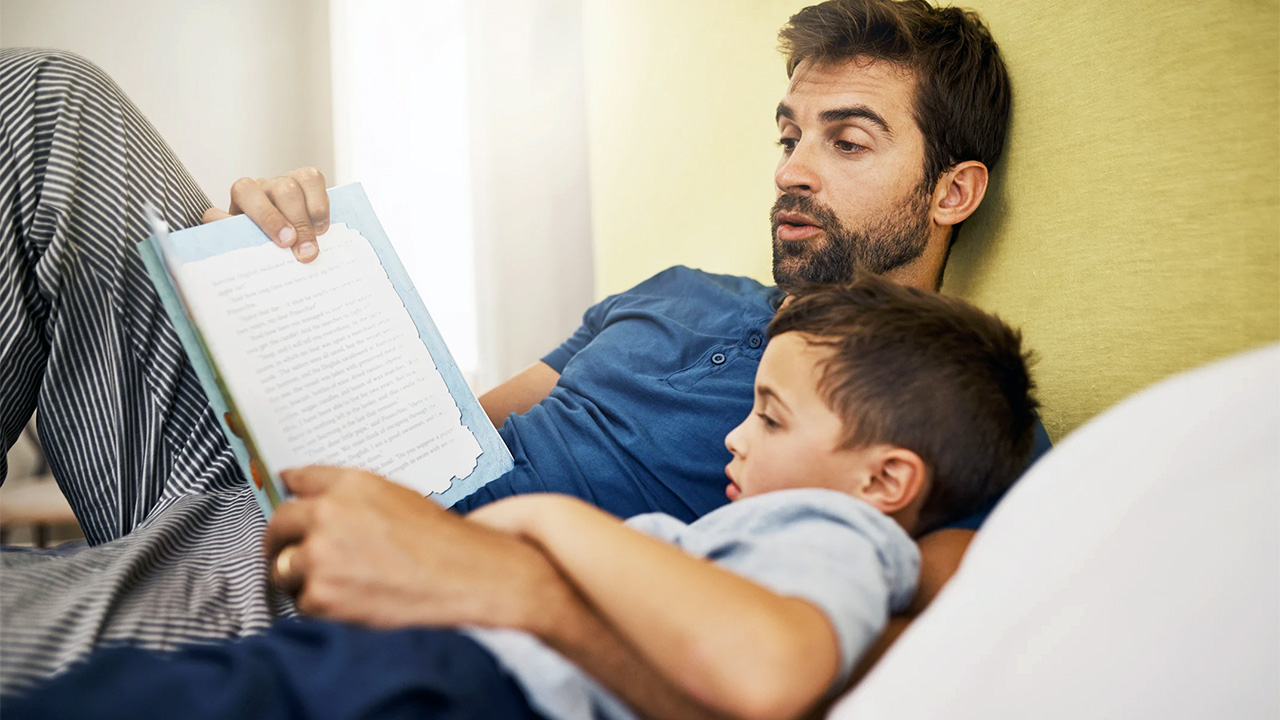
Self-help skills are necessary for the development of children. These qualities can help them learn to become independent or self-reliant at a very young age while learning to take on more tasks every day. That is exactly why parents are encouraged to teach their young kids to perform certain tasks with little guidance.
But on top of that, teaching kids the essential self-help skills is also an excellent way to develop their motor skills and improve their self-esteem. Keep in mind, though, that your support is the actual key for your kids to learn self-help skills. To get started, we’ve listed the top things you should teach your children to boost their independence and confidence.
- Dressing and undressing
Starting with the basics, your child should first learn how to get dressed and undressed on his or her own. This self-help skill may be a bit of a challenge at first because it requires patience, but your child will surely learn this quickly as this doesn’t need that much coordination. Pediatricians recommend that parents avoid giving kids clothes with zippers, buttons, or belts. These should all be introduced after they learn how to put on a shirt or pull their pants up.
- Brushing their teeth
This task should be introduced as early as possible to introduce the importance of proper hygiene to your kids. Still, it’s highly advisable to still guide your kids when brushing their teeth until they are seven or eight years old. Most kids may look like they’re brushing their teeth properly, but they’re actually not. Dentists also advise parents to set a two-minute timer for a more thorough brushing. It’s best to only put on a small pinch of fluoride toothpaste if your kid is still under three years old.
- Using the toilet
Another crucial thing that your child should learn is how to use the toilet. Most often, parents find this a bit more challenging than other tasks, as it can get pretty messy. Stay patient and help your kid out. The goal here is to ensure they won’t need diapers when they enter kindergarten. One important tip for parents is to always remind the kids to flush. Make sure to also lead by example so the kids can personally see how it’s done. However, experts suggest that parents should learn to wait or take it slow if their kids are not expressive or verbal enough to say they have to use the potty.
- Taking a bath
Next, teach your kids how to bathe themselves. Experts recommend following a bathing sequence. You can start with gathering the bathing items, such as a towel, soap, and shampoo. Then, remove their clothes, step into the bathtub or shower, and apply the shampoo and soap. Don’t forget to use healthy and safe bathing products for your kids and the family as well. You can introduce them to healthier options, such as organic shampoo for dandruff and mild soap, which are better for the hair and body. Also, if you’re planning to get some bath toys for a more fun time, pick quality and child-safe ones that are easy to dry and clean.
- Cleaning up their mess
We could all agree that kids can be really messy, which is normal. However, make sure that they can also clean up their mess afterward. To encourage your kids to clean up, make it fun! For example, you can place a basket and tell them they need to toss as many clothes or toys into it until the timer stops. Or, you can encourage them to pick up their toys by color or size. It’s best to also let them help you whenever you clean the house.
- Eating on their own
Lastly, it’s essential to teach your kids how to eat solid food properly. For much younger ones, you can first hold their hand until they can get a good grip on the spoon and scoop the food. Once they get the hang of it, you can just leave them their meal and spoon to feed themselves. Experts recommend starting with yogurt or oatmeal if you have a young toddler. You can also consider using bowls that can be attached to the table, tiny cups with handles, and child-sized utensils.
Remember that these are just a few of the self-help skills that you can teach your kids, and there are a lot more to go. But by getting started with the basics, you can help your little ones build that confidence, motivation, and curiosity to discover and try new things on their own. Give them the right amount of support, and they’ll learn to be self-sufficient in no time!